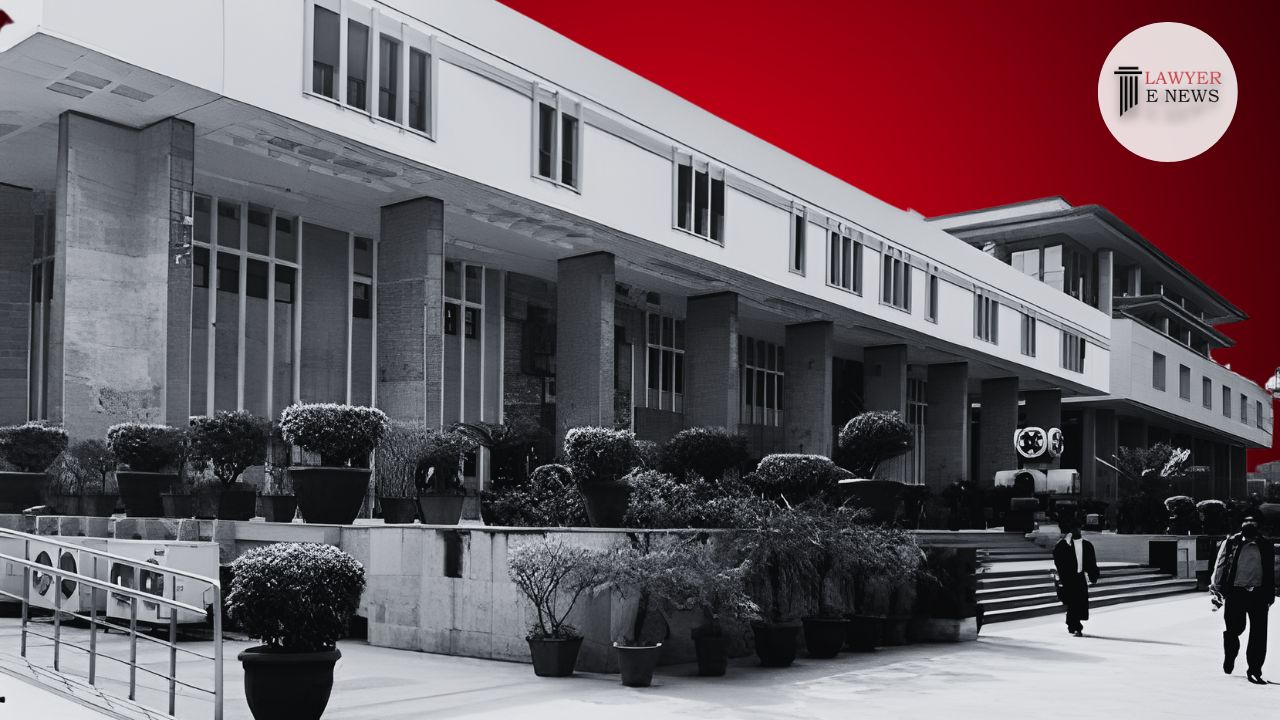-
by Admin
15 February 2026 2:36 AM



In a significant ruling aimed at improving access to medical treatments for the economically weaker sections, the Delhi High Court has ordered the Chief Secretary of the Government of National Capital Territory of Delhi (GNCTD) to ensure the implementation of a committee’s recommendations designed to streamline the process of availing financial assistance for medical treatments.
Legal Point of the Judgment: The judgment revolves around the crucial issue of providing adequate medical facilities to the underprivileged by easing the process through which financial assistance is availed, ensuring a robust mechanism for quick and efficient medical treatment.
Facts and Issues of the Case: The case originated from a writ petition filed by the petitioner, Sarvesh, seeking directions for the respondents, including All India Institute of Medical Sciences (AIIMS) and others, to perform hip and knee replacement surgery free of cost. Throughout the litigation, broader systemic issues concerning the facilitation of medical assistance were brought to the forefront.
Streamlining Processes: The Court highlighted the need for a “single-window mechanism” with designated nodal officers at each hospital to manage applications for financial assistance, emphasizing the reduction of bureaucratic hurdles that patients face.
Dynamic Information Systems: Hospitals are required to maintain a dynamic list of available drugs, implants, and devices on their websites, updated in real time to aid in transparency and ease of access.
Financial Structures: The establishment of revolving funds at multiple administrative levels to manage the recurring expenses of patients with chronic and serious diseases was underscored as a priority.
Minimization of Patient Burdens: The judgment calls for minimizing the involvement of patients or their families in the bureaucratic aspects of the application process for financial aid, such as obtaining quotations or multiple appearances, which can be detrimental both financially and emotionally.
Implementation of Electronic Systems: The Court recommended the development of specific software solutions to further reduce the need for physical appearances and streamline the processing of applications.
Decision: Concluding the proceedings, the Court accepted the committee’s recommendations and ordered their implementation under the oversight of the GNCTD’s Chief Secretary, who is also directed to convene monthly meetings to ensure swift execution of these reforms. An action taken report has been mandated by 15th October 2024, with the matter set for compliance review on 22nd October 2024.
Date of Decision: May 10, 2024
Sarvesh vs. All India Institute of Medical Sciences & Ors.
